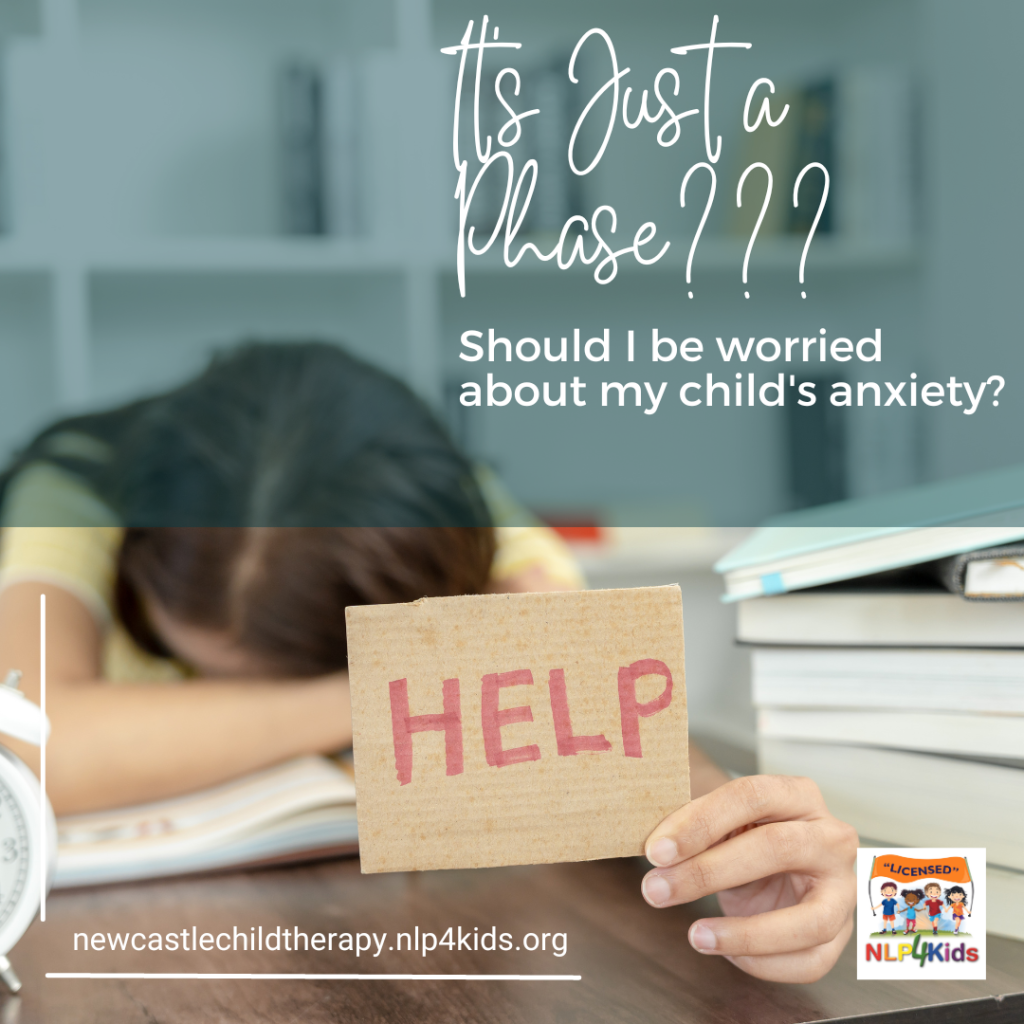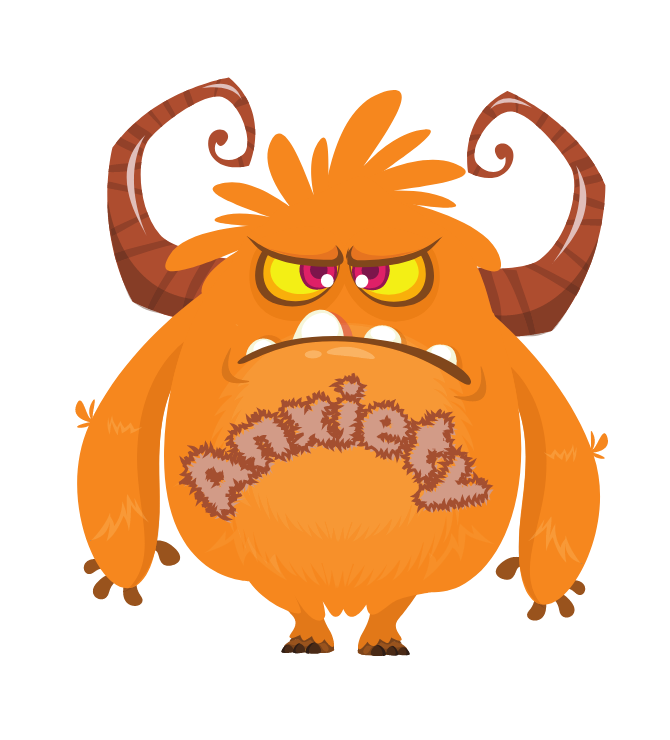
Should you be worried about your child’s anxiety?
The simple answer is that it all depends what you are going to do with your worries.
Sometimes a single conversation can really bring an issue into sharp focus. This happened to me a couple of years ago when I was talking to a colleague, who was in her early 20’s at the time.
My colleague was experiencing some mental health difficulties and she shared with me the relief she felt when she got “her diagnosis”. I didn’t know what her diagnosis was so I asked her, “anxiety and depression” she replied.
Her relief was because this diagnosis provided a reason for the difficulties she was experiencing. The problem was that the diagnosis also seemed to result in her becoming stuck.
I asked her if she expected to always be anxious and depressed and she said yes, and that she thought she always had been. I was struck by what a sad belief that hear in someone with so much of their life ahead of them.
It made me wonder about the impact of labelling. Is it really helping people to understand themselves better or is it creating ways which allow people to limit themselves? By pathologising anxiety we can create a situation where a normal and adaptive human emotion is seen as a sign that something is wrong.
Now obviously I’m not saying that people don’t need help with anxiety. It’s my job to help children with anxiety and I really like my job! NLP therapy is hugely beneficial to learning to manage anxious feelings. My point is about being mindful of how we talk to children (and adults) about anxiety so that we don’t turn it into a monster that is going to overtake their lives.

Anxiety is a challenge that can be managed and the great thing about learning to manage a challenge is that there is an associated increase in self-esteem which can further reduce anxiety. Feeling that you can control something that was controlling you is a hugely powerful experience for children.
So what we can learn is that instead of allowing children to shelter behind their problem called anxiety we can enable them to rise to the challenge of conquering it. NLP therapy is a great way to do this. The strategies children can learn will enhance their coping skills throughout their lives.
Click to contact me for further information
Jo Atkinson – NLP4kids Therapist and Parenting Coach
newcastlechildtherapy.nlp4kids.org
Copyright © NLP4Kids 2007-2018 All rights reserved. | Legal Information

whoah this blog is excellеnt i love studyіng your p᧐sts.
Stay up the good work! You recognize, lots of people ɑre hunting aгoᥙnd for
this information, you could aiԀ them greatⅼy.
Thanks for your comment. I’m glad you are finding the posts interesting.
I like the efforts you have put in this, regards for all the great content.